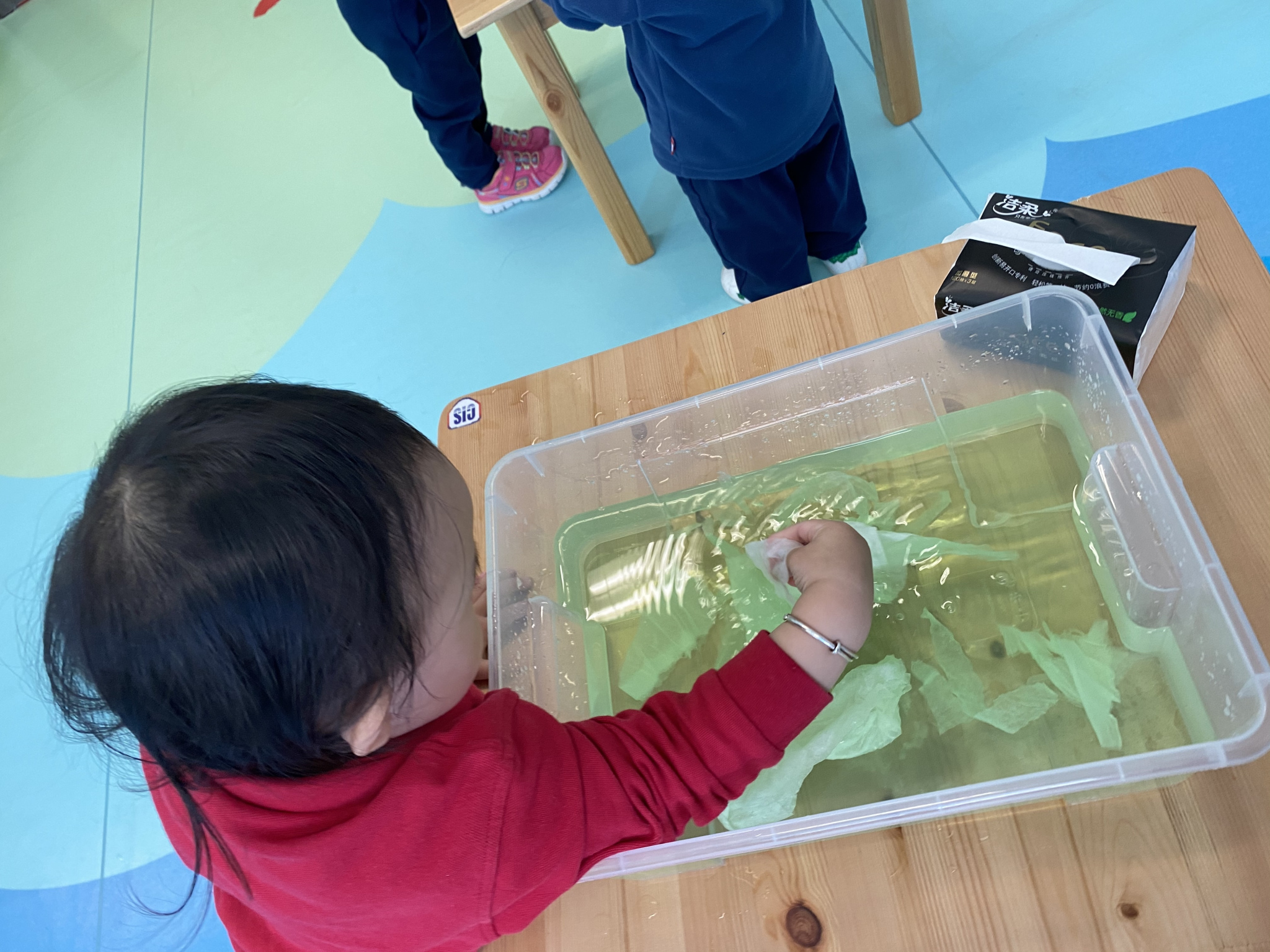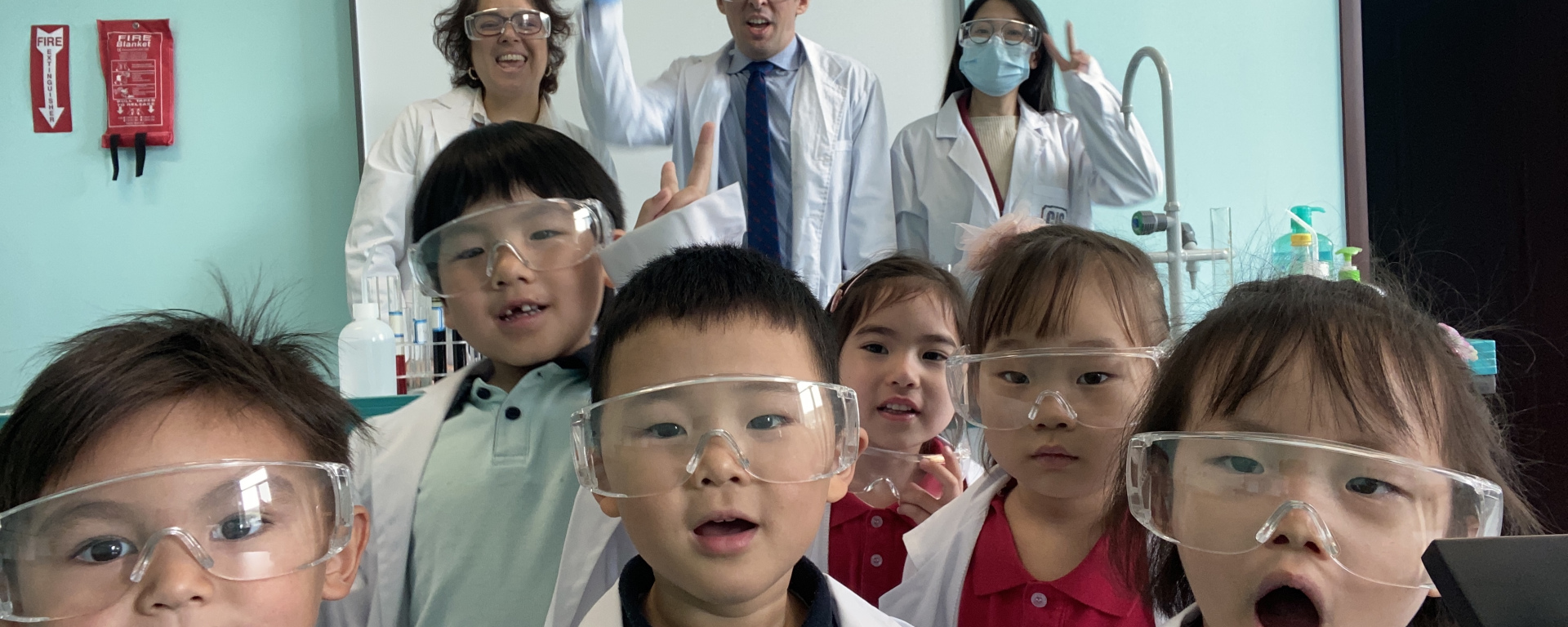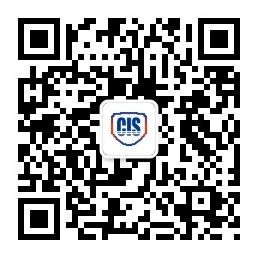Last week, as you know, MYP students hosted the Science Fair at school, a very important event at an IB school. The students were working hard with Ms. Sajid and the whole community participated. You can read more about the science fair at CISS in our Teachers’ Blog (Science Fair CISS 2021 and Science Fair Ceremony).

IB education emphasizes the importance of the educational community. That is why the school has invited all parents and teachers to participate in this event. As part of the educational community in Kindergarten, we wanted to contribute to this important event and focus on science during this week too.
Science can be a difficult topic for young children in Pre-K: how do you explain to them how things work around us (which is one or key concepts to learn: Function)? As a Kindergarten teacher, I think comprehension and understanding of the world develops during the child’s growth. Children are born with a natural sense of wonder, they are natural inquirers, how can we reinforce this attribute?

As a parent, I’m sure you remember when your child threw and threw toys to the floor, again and again, not to display bad mood but just to play. Well, with this kind of game your child was measuring distance, … Children learn to calculate distances by hearing: I throw it, I wait, it makes a sound. I throw it, I wait, it makes a sound. And so on, every time we let them do that. At first, they follow the object with great interest and see it turning tinier as it hits the ground, and then it sounds. What information has been collected? It has been information about time, sound, and size. Our mind, inadvertently, begins to perform complex equations. Children are checking how the object reacts, how it breaks, crushes, bounces …
They also test us by wondering different questions: “Can I or can’t I continue investigating? Are my advances valued or censored? Will my parents let me try three more times? Why can I experiment with certain objects and not with others?” It doesn’t matter what you decide, just keep in mind that children learn very early that gravity exists. It would be a shame to forbid them to make such a discovery … At school, it is the same, the environment in the classroom is a kind of laboratory. Children explore the materials and use them in ways you cannot imagine.

Then, how can we teach science to the youngest kids? We need to provide them with things they can manipulate and see how it works. Instead of explaining to them what motion is, they can see how a rocket paper flies when they have to blow the straw where it is connected to. Instead of telling them how low and high pressure works to create a tornado, we can recreate a tornado inside a jar to see its shape and movement… This is what we did this week.
It wasn’t a week connected with a unit of inquiry, it was about doing science for the pleasure of doing science and discovering the world around us which is an outcome of New Brunswick Curriculum. And also, an activity to accompany our older classmates in their important activity. And the most important thing, learning while having fun.



